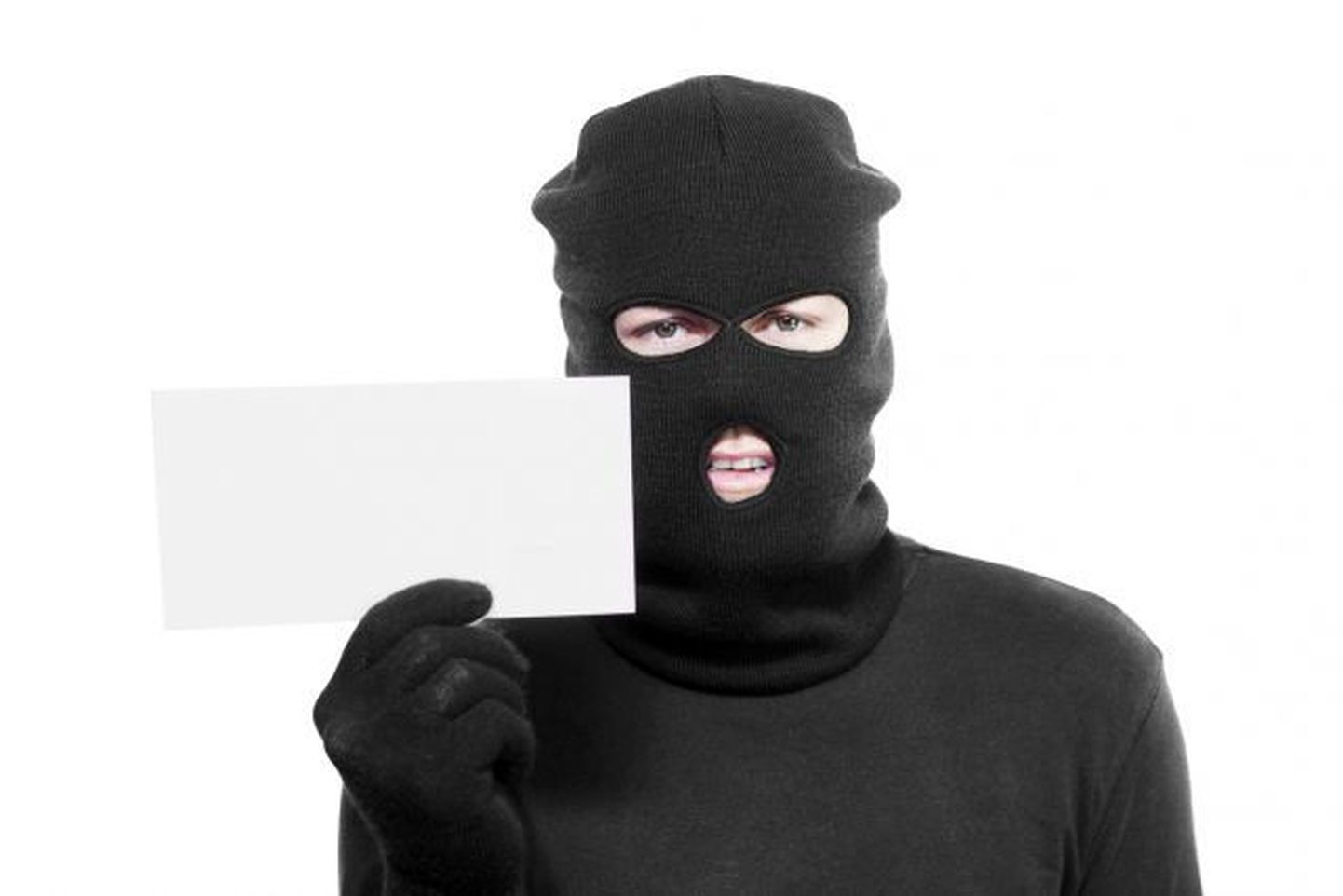This is also to be honoured in 21st century with everyone handed a mighty weapon. The Internet. Even so, as any weapon will do for self-defence, people may indeed go too far. Leading into the land of bona fide wild justice.
Thus, we need to know how to use that weapon to protect ourselves and make society safer. Otherwise, the weapon may turn dangerous, harming the overall sense of justice.
«For me it is altogether incomprehensible how people, having suffered for half a century at the hands of a repressive regime, are voluntarily giving up privacy, after succeeding in regaining independence,» wondered research fellow Julian Tupay of International Centre for Defence Studies, in Postimees last week. Coming from Germany where personal data protection is under special scrutiny.
Probably, the Estonian peculiarity is, at least partly, caused by our fast paced e-state development, occasionally unwittingly playing with fire. The simplification of people-to-people communications has also super-simplified business relations – all sorts of buying, selling and exchange.
In addition to portals possessing internal rules, dealing with auctions and mediating ads, people have their direct contact options – like over a forum or social network.
Even with acquaintances – to say nothing about total strangers – different opinions may develop as to the exact expected condition of an item to be traded. And should the upset party vent himself over the Internet (i.e. publicly), a well meaning person’s name may be smeared. On the other hand, it may also happen that a cheated party, after calling a cheat a cheat, is unable to prove the case – himself ending up accused, eventually.
